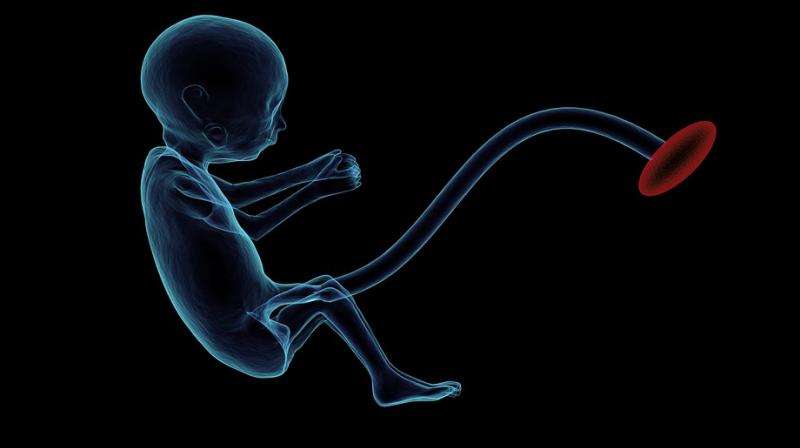Can caffeine pass from mother to baby?
Placenta-on-a-chip test shows how caffeine passes from mother to baby.

US: The placenta which plays an integral role in the healthy development of the foetus, is probably the least understood. The News Atlas reports that in an attempt to check how much caffeine can cross from mother to baby, researchers at lowa State University used the microfluidic models of the placenta, also known as placenta-on-a-chip.
Organs on chips are artificial recreations built with human cells and microfluidic systems. It is a relatively new and accurate method that has been designed and avoids animal testing.
Caffeine was the most preferred choice by the researchers because it the most common in our diet. Secondly, the researchers wanted to know if caffeine, which otherwise is harmless, if it can pose threat to a developing foetus, which doesn’t have enzymes to process it.
The model can not be considered to be perfect as it doesn’t take into account the whole body. Researchers suggest that further study is required to understand if caffeine and similar substances can be consumed by a pregnant woman.

